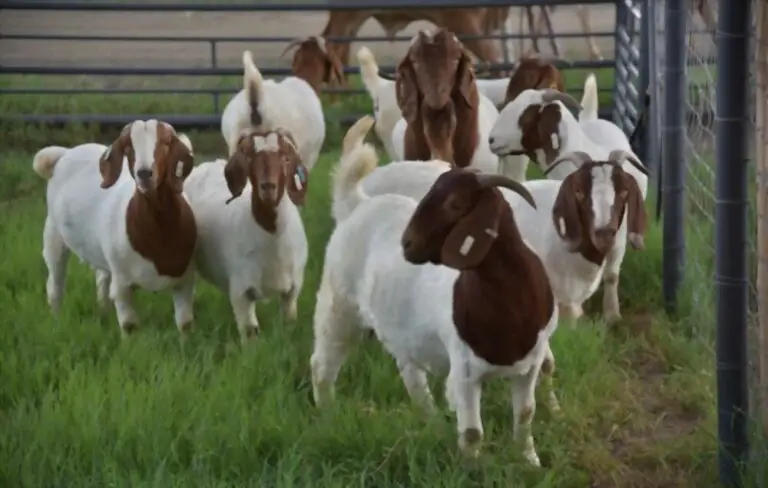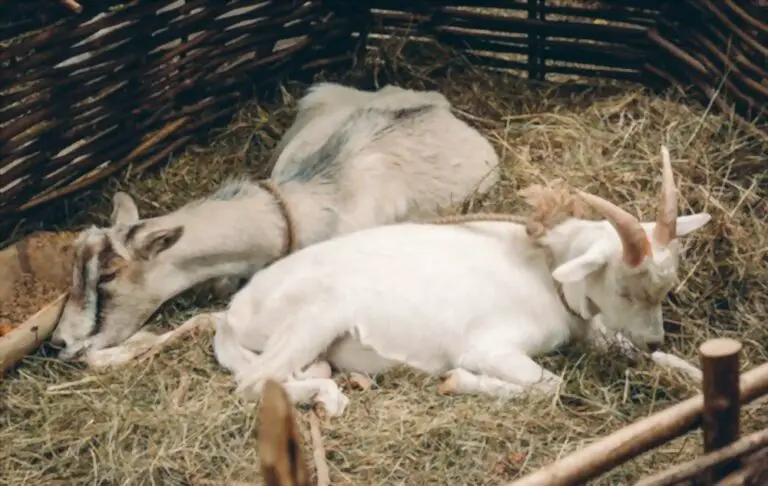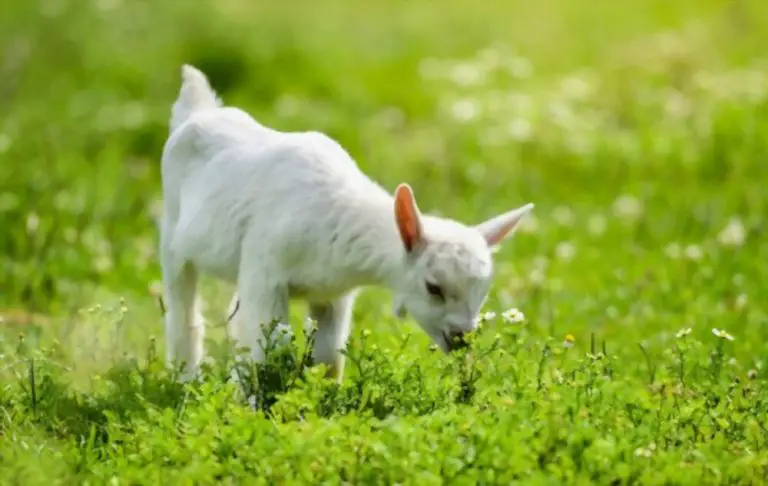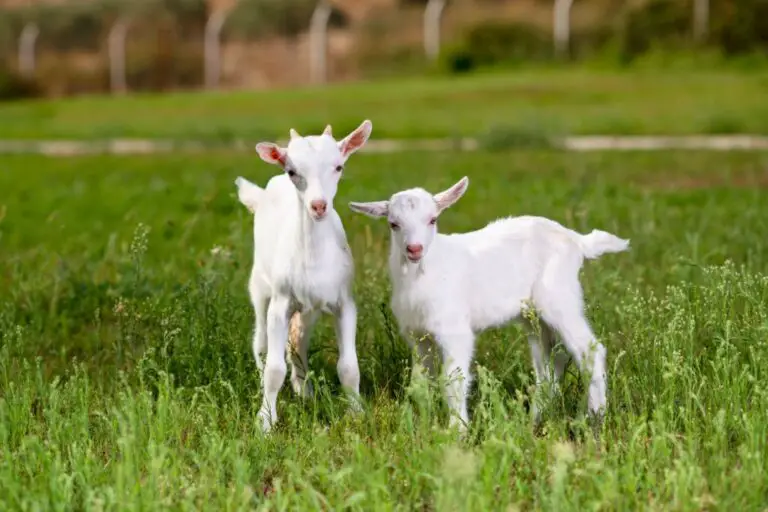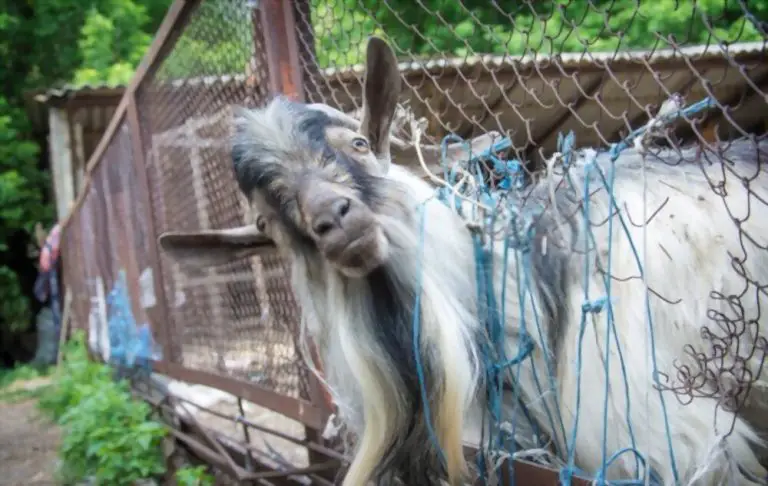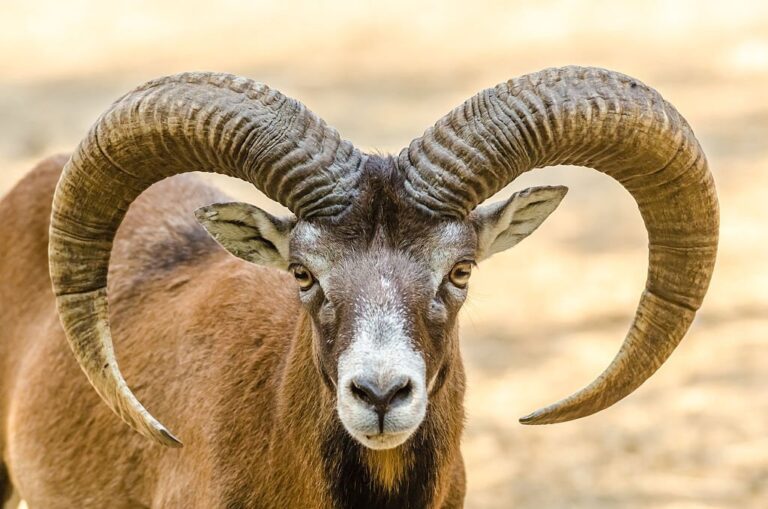Do goats eat milkweed? How much milkweed is toxic to your animals?
Do you have milkweed growing in your backyard and are confused about whether you should let your goats feed on them? If you are in that position, carefully review this article before deciding.
Can goats eat milkweed?
Milkweed can be poisonous to goats; however, some milkweeds have low toxicity levels. Even though some milkweed species are low in their toxins concentration, they should still be avoided as too much of these can lead to fatal heart disease.
However, some animals may develop tolerance over time by regularly ingesting small amounts of the plant. The problem arises when hay or pasture grasses become scarce or if milkweed is present in large amounts in the hay, leading the goats to ingest a large quantity of the plant. Poisoning symptoms include bloating, excessive salivation, rapid, weak pulse, and high body temperature.
There are measures to reduce the potential risks. Don’t allow goats to graze on milkweed-infested pastures when the plants are flowering or right after a killing frost, both when toxicity might increase. Monitor the goats regularly for signs of poisoning if you know or suspect they’ve ingested milkweed.
Species of Milkweed

There are four types of milkweeds, which are:
- Showy
- Lanceolate
- Green
- Purple (the weed).
The Showy and Lanceolate species have the highest toxin concentration; goats should avoid them all. Green and Purple have lesser concentrations of toxins but can still make your goats fall sick if they feed on them too much.
Therefore, keeping all types of milkweeds away from goats and other livestock is best to prevent accidental poisoning.
Is milkweed poisonous to goats?
The toxic substance in milkweed is called a cardiac glycoside and an unidentified neurotoxin.

Cardiac glycosides are organic compounds containing a glycoside (sugar) that act on the contractile force of the heart muscle. In milkweed, these substances act as a natural defense against insects by disrupting their heart function. In mammals, however, ingesting these plants can lead to potentially fatal heart failure.
The unidentified neurotoxin in milkweed affects the nervous system. Neurotoxins target nerve cells (neurons) and destroy or damage them. This disrupts the nervous system’s normal function and can cause various adverse health effects, including paralysis or seizures.
When goats eat milkweed, the toxins can build up in their systems over time. This can lead to various digestive issues, including indigestion, as the toxins interfere with normal gut function. Respiratory paralysis can occur if the neurotoxin affects the nerve cells controlling the respiratory muscles.
- Is Peanut Hay Good For Goats?
- The Best Goats For Land Clearing
- Can Goats Eat Cabbage?
- How Long Can Goats Go Without Water?
- Can Goats Eat Daisies?
Signs of Poisoning Caused By Milkweed
The first sign you will observe in a goat poisoned by milkweed is that it will be distressed for the first three days after eating the weed. After which mild symptoms like slight tremors and increased thirst will begin to develop,
Not treated for a while will lead to severe symptoms like muscle tremors, mental confusion, spasms, irregular heartbeat, permanent eye damage, and even death.
So it is advised that when you notice those mild symptoms in your goat, do call a Vet doctor immediately to come to check on them and apply medication before it gets worse.
Prevent Goats from Eating Milkweed
Since goats are natural browsers that love gazing around their surroundings in search of pastures, the best way to prevent them from coming in contact with milkweed is to cut the milkweed plants off or build an eight-foot fence to prevent your goats from going outside to graze.
You can use natural handpicking or herbicides or pesticides to eliminate the milkweeds.
You can also try out controlled feeding. Controlled feeding prevents the goat from gazing around to feed itself. Instead, you feed them yourselves. You decide what they eat; you bring the hay and the wholesome grains to them. In this way, you checkmate what your goat eats.
Other Poisonous Plants
Poisonous plants such as lilies or water hemlock shouldn’t grow near the house. Also, keeping your eye on the fence against some milkweed species and other poisonous ones would be best. This includes:
Euphorbia species – These are large clumps of individual milkweeds and contain toxins in all the parts of the plants, including the stems, leaves, flowers, and roots. These Euphorbia plants look dangerous so goats may avoid them because of their look. They are mostly found on sandy or rocky soil in with Midwest.
Discaria species are milkweeds mostly found along the coast of Maine to North Carolina. It is also poisonous to goats.
Other toxic Milkweed species include the following:
- Spider
- Wood’s
- Zorro milkweeds
- Soldier
- Pygmy
- Pinnatinipa (Texas to Arizona)
- Whitewater
Some of the above species are less toxic, so your goats can eat them in small quantities. Even though they are less toxic, it is hard to ascertain the quantity that can serve as harm to the goats. So it is advised that your goats stay clear of every milkweed species.
You should keep your goats away from milkweeds as the toxin concentration of milkweed can cause mild or severe illnesses in your goats and even death in very severe cases.
References

